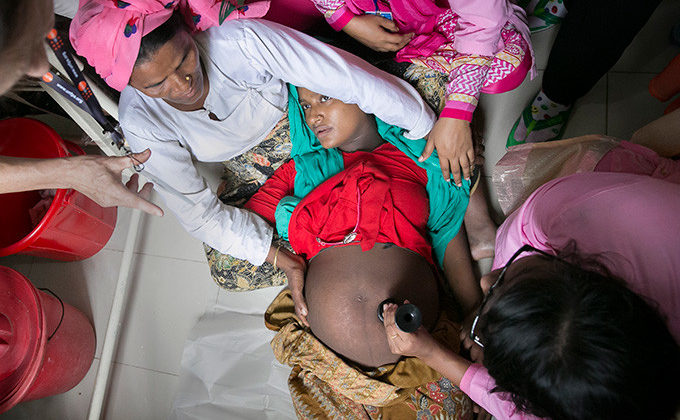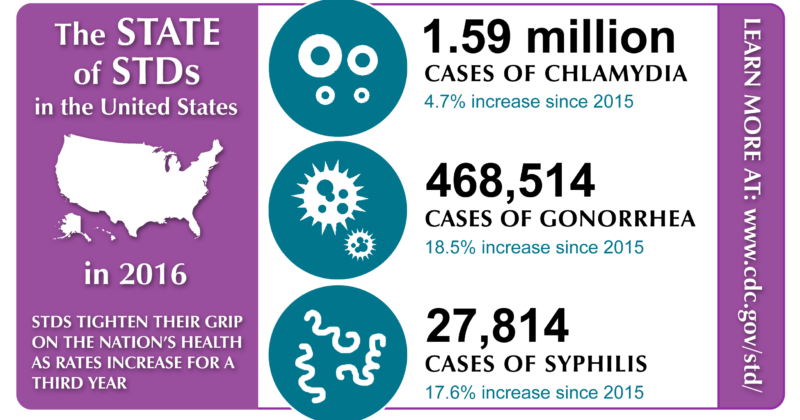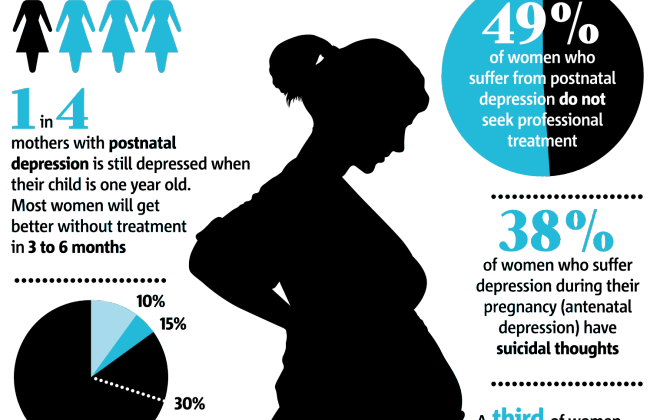
Combating Maternal Mortality with Midwives
Article by Kayla Chee Despite the fact that maternal mortality dropped 44% between 1990 and 2015, maternal health mortality is still a problem our world faces today, with 99% of maternal deaths occurring in developing countries. A study performed by Homer, CS, Friberg, IK, Dias, MA et al in 2014 found that 83% of all maternal deaths, newborn deaths, and stillbirths could be averted through midwifery care and family planning, indicating the dire importance of midwifery services. To support midwifery programs and the fight against maternal health, The United Nations Population Fund (UNFPA), which is the United Nations sexual and reproductive health agency, has coordinated with over 40 global partners and over 300 national partners to improve access to quality midwifery education, training, and services. Since 2009, the UNFPA has worked in 120 countries, helped train over 105,000 midwives, and supported bachelor’s and master’s programs for midwives in 15 countries. UNFPA’s collaboration with national governments to ensure midwifery autonomy has prompted...








